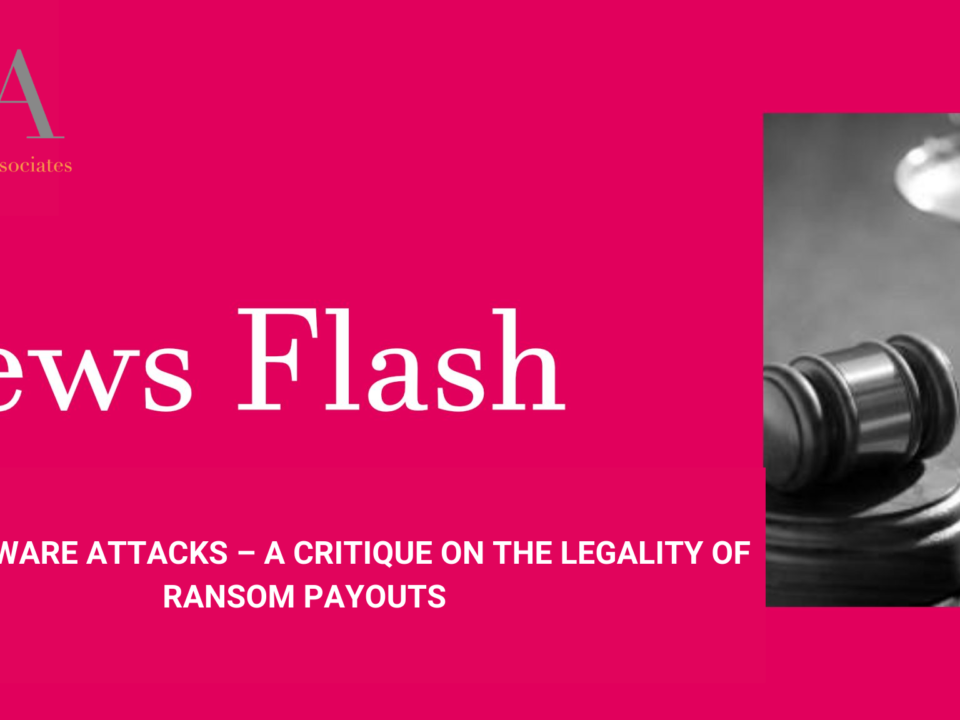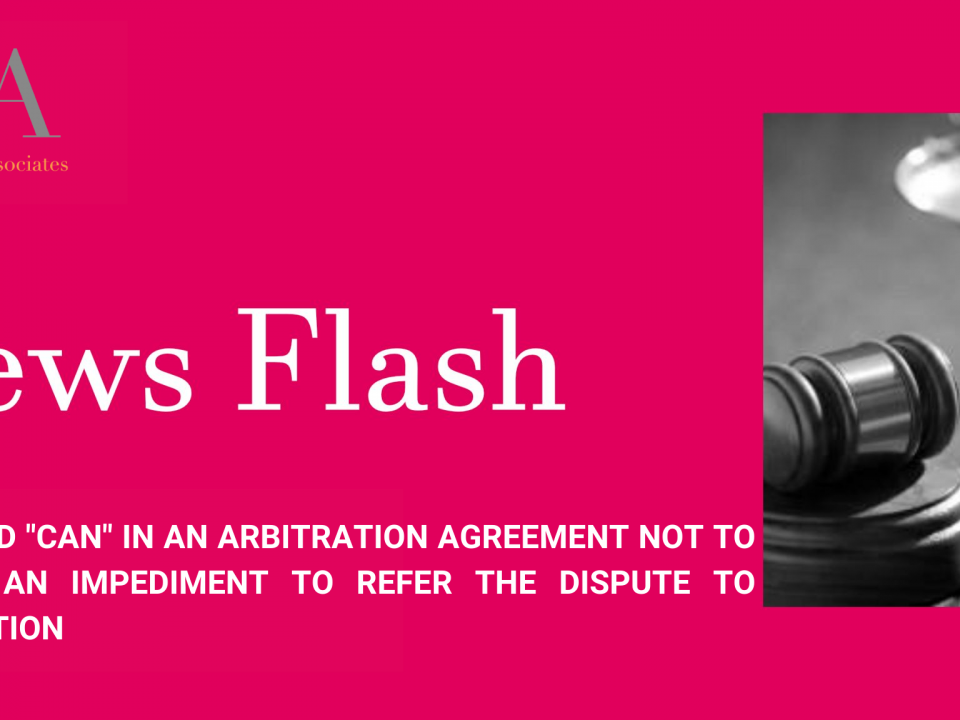Does the opportunity of being heard include a mandatory personal hearing? The principle of Audi Alteram Partem is considered from the standpoint of SEBI regulations

A recent decision of the Bombay High Court in JK Paper Ltd. v. Securities and Exchange Board of India encapsulates the legal position of regulation 29 of the Securities and Exchange Board of India (Share Based Employee Benefits) Regulations, 2014 in light of the principles of natural justice.
A pertinent question raised before the Court was whether the Board is obliged to grant a personal hearing to the petitioner while considering an exemption application under the SEBI (Share Based Employee Benefits) Regulations, 2014.
JK Paper Limited is a public limited company and in January 2004, an employee welfare trust was formed. Upon seeking clarifications regarding the applicability of certain regulations, an exemption application was made under Regulation 29 of the said regulations. However, having rejected the request through a non-speaking order the matter was referred to the Securities Appellate Tribunal.
On perusal of the said regulation, the Tribunal noted the phrase “for reasons to be recorded” and observed that this requirement would apply in both contingencies, i.e., for rejection of the application and for grant of the same.
In the instant case, the matter was referred to the Bombay High Court on three grounds. Firstly, that the proceedings were quasi-judicial, and therefore a personal hearing is necessary. Additionally, whatever may be the nature of the power, considering the consequences, a personal hearing should be given. Besides the legal position, given the facts of the case, it would serve the ends of justice, if a personal hearing was given.
Analyzing the first limb of the argument, the court propounded that the power to grant relaxation under Regulation 29 is a discretion to be exercised by the SEBI, and the conditions to be imposed are in the interest of the investors. Additionally, liability originates from the breach of the said regulations. Refusal to grant an exception under Regulation 29 is not the origin of liability. Grant of exemption is a matter of exception from the general rule contained under the regulations. It further stated that the contention of the Petitioner, that right of personal hearing must follow because the power under Regulation 29 is a quasi-judicial power, cannot be accepted.
Whilst dealing with the second aspect, the court propounded that it is a well settled position that the requirement of compliance with the principle of natural justice can vary in different situations and conditions. Even the situations where principles of natural justice require an opportunity of hearing, it does not in all circumstances mean a personal hearing. This inter alia shows that there existed no merit in the consequence-based argument.
The court gave credence to the fact that whenever it was found necessary to provide for an opportunity, the SEBI has expressly incorporated it in its provisions. No such stipulation is found in the regulation at hand.
Further, taking note of the apprehension expressed by the SEBI, that by reading duty to give personal hearing in this regulation would have adverse ramifications on its working, the court concluded that it will hamper the functioning of the SEBI if the exercise of its every power is preceded by a mandatory personal hearing, whether the regulation provides for it or not.
In light of the above, it culminated that there is no duty on the Board while considering an exemption application under Regulation 29 of the SEBI (Share Based Employee Benefits) Regulations, 2014, to give a personal hearing to the applicant.



